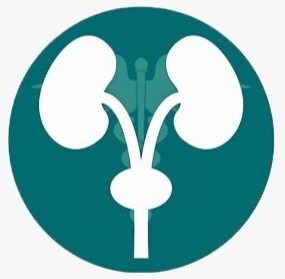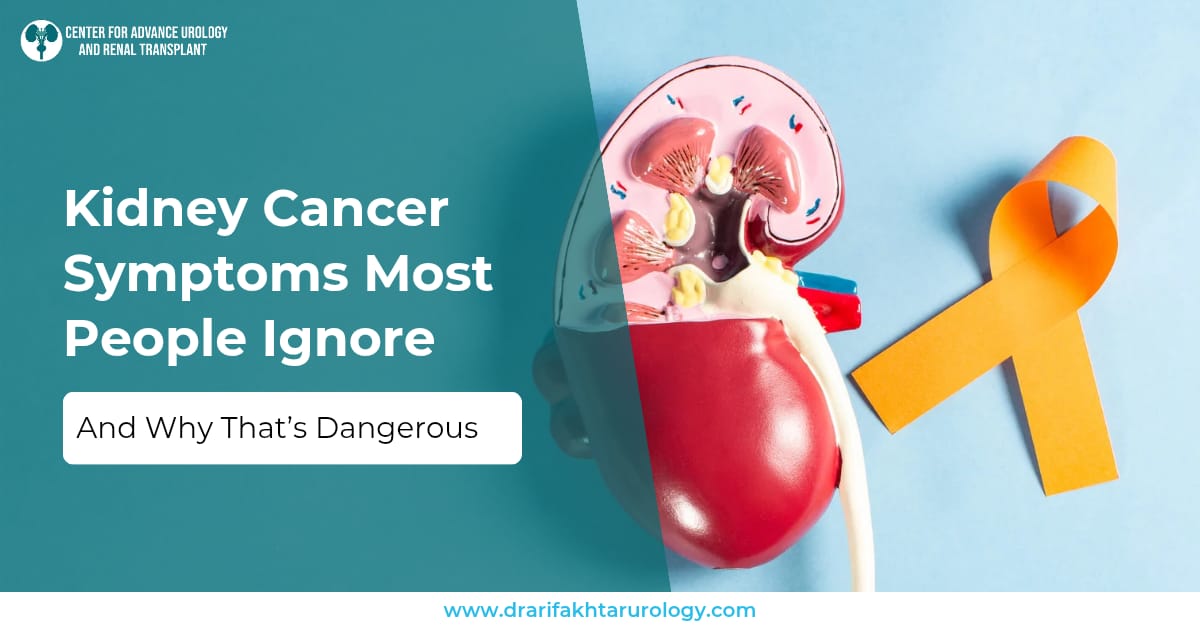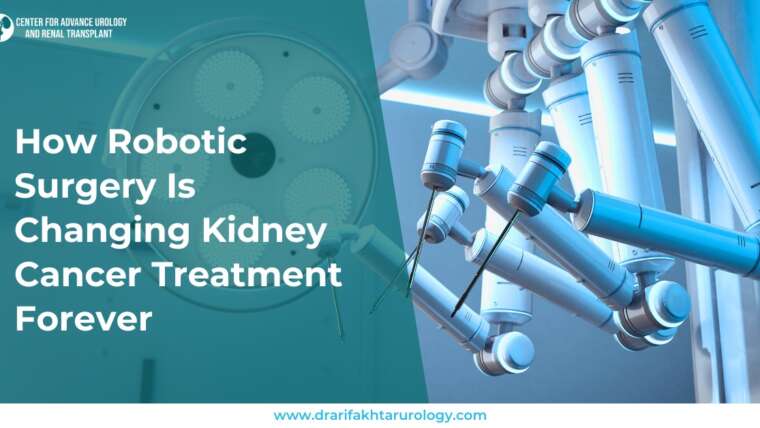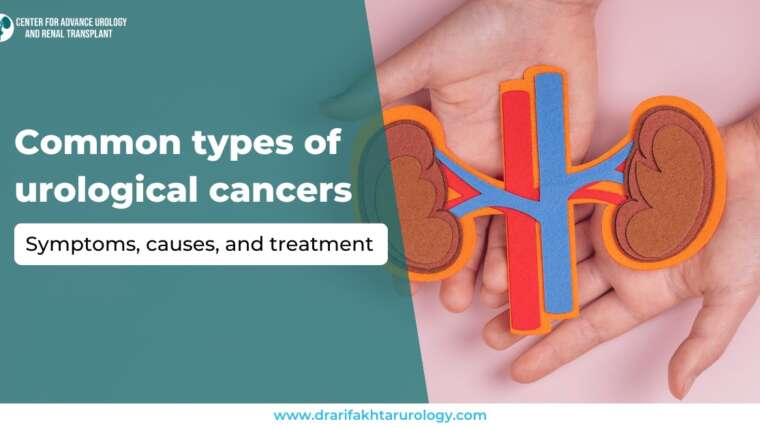Introduction
Kidney cancer is one of the most overlooked types of cancer, partly because its early symptoms can be subtle or entirely absent. As a result, many people don’t realise there’s a problem until the disease has progressed. Understanding the signs and symptoms that may point to kidney cancer—and recognising when to seek medical advice—can be the difference between early treatment and more advanced, harder-to-treat stages. This blog highlights the symptoms that are often ignored, why that’s dangerous, and what you can do about it.
Commonly Overlooked Kidney Cancer Symptoms
Blood in the urine (hematuria)
One of the most significant signs of kidney cancer is blood in the urine, which often goes unnoticed or is dismissed as something minor. This can manifest as visible blood or simply as dark, tea-coloured urine. However, many people ignore this symptom, assuming it’s due to something as harmless as a urinary tract infection. If you notice blood in your urine, it’s crucial to see a doctor immediately for evaluation.
Flank pain or discomfort
Pain in the side or lower back is another symptom commonly associated with kidney cancer. This pain may be dull or sharp, and often isn’t linked to any obvious injury or strain. Many people attribute this discomfort to muscle soreness, especially if it occurs after physical activity or prolonged sitting. However, if the pain persists or becomes worse over time, it could be a warning sign of kidney cancer that requires medical attention.
Unexplained weight loss
Sudden or unexplained weight loss is a common symptom in various cancers, including kidney cancer. This weight loss isn’t due to dietary changes or exercise but happens because the body is using more energy than usual due to the cancer’s growth. People often overlook this as a result of stress or changes in metabolism, but it’s important to pay attention to any unexplained weight loss that cannot be attributed to other causes.
Fatigue and weakness
Extreme tiredness or a general feeling of weakness is another symptom often associated with kidney cancer, particularly as the disease progresses. Many people attribute this fatigue to stress, poor diet, or lack of sleep, but ongoing fatigue without a clear reason is one of the red flags. This tiredness can occur even after a good night’s sleep and might interfere with normal daily activities.
Swelling in the ankles or legs
Kidney cancer can affect how well the kidneys are able to filter waste, leading to fluid retention in the body. This can cause swelling in the legs, ankles, or feet. Though swelling can be caused by various conditions, including a sedentary lifestyle or excessive salt intake, it can also be a sign of kidney disease, including cancer. If this swelling persists or worsens, it’s important to have it checked out.
Why These Symptoms Are Dangerous to Ignore
Ignoring symptoms like blood in the urine, unexplained weight loss, or fatigue can lead to a delayed diagnosis, meaning the cancer may not be caught until it has advanced to later stages. Kidney cancer, if detected early, has a much better prognosis. However, when left untreated or misdiagnosed, it can spread to other parts of the body, such as the lungs or bones, making it harder to treat.
Additionally, kidney cancer can be relatively asymptomatic in its early stages, which is why it’s often only diagnosed once the disease has progressed significantly. When these symptoms are ignored, or dismissed as being related to other, less serious conditions, the opportunity for early intervention is missed.
When Should You Seek Medical Advice?
If you experience any of the symptoms mentioned above, particularly blood in the urine, persistent pain, unexplained weight loss, or swelling, it’s important to seek medical attention as soon as possible. A healthcare provider will perform diagnostic tests, which may include blood tests, urine analysis, ultrasound, CT scans, or biopsies, to determine the cause of your symptoms. Early detection is crucial for the successful treatment of kidney cancer.
Conclusion
Kidney cancer symptoms often go unnoticed or are ignored, which can have serious consequences. Early signs like blood in the urine, flank pain, weight loss, fatigue, and swelling should never be dismissed. While these symptoms may not always be linked to kidney cancer, they can indicate the need for medical attention. If you notice any of these signs, seek help from a healthcare provider. Catching kidney cancer early increases the chances of successful treatment and improves overall prognosis.




